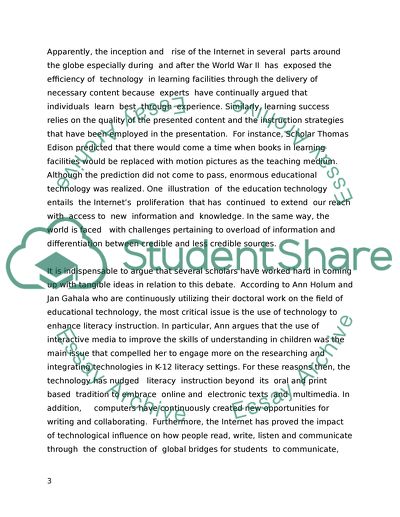Cite this document
(“Doctorate of Education in Learning Technologies Personal Statement”, n.d.)
Retrieved from https://studentshare.org/education/1649387-doctorate-of-education-in-learning-technologies
Retrieved from https://studentshare.org/education/1649387-doctorate-of-education-in-learning-technologies
(Doctorate of Education in Learning Technologies Personal Statement)
https://studentshare.org/education/1649387-doctorate-of-education-in-learning-technologies.
https://studentshare.org/education/1649387-doctorate-of-education-in-learning-technologies.
“Doctorate of Education in Learning Technologies Personal Statement”, n.d. https://studentshare.org/education/1649387-doctorate-of-education-in-learning-technologies.


